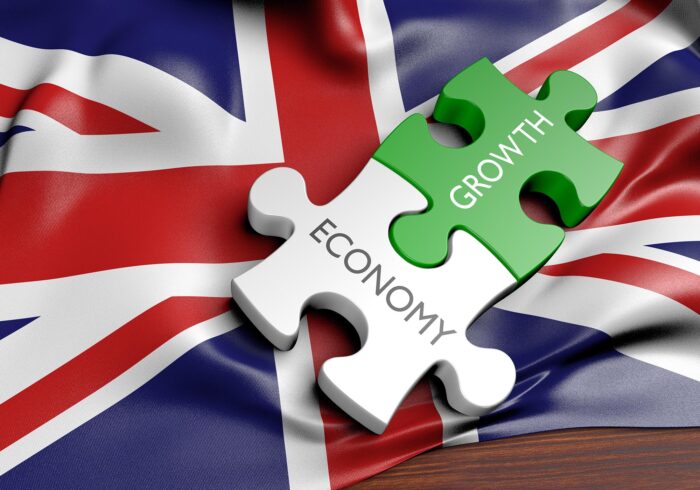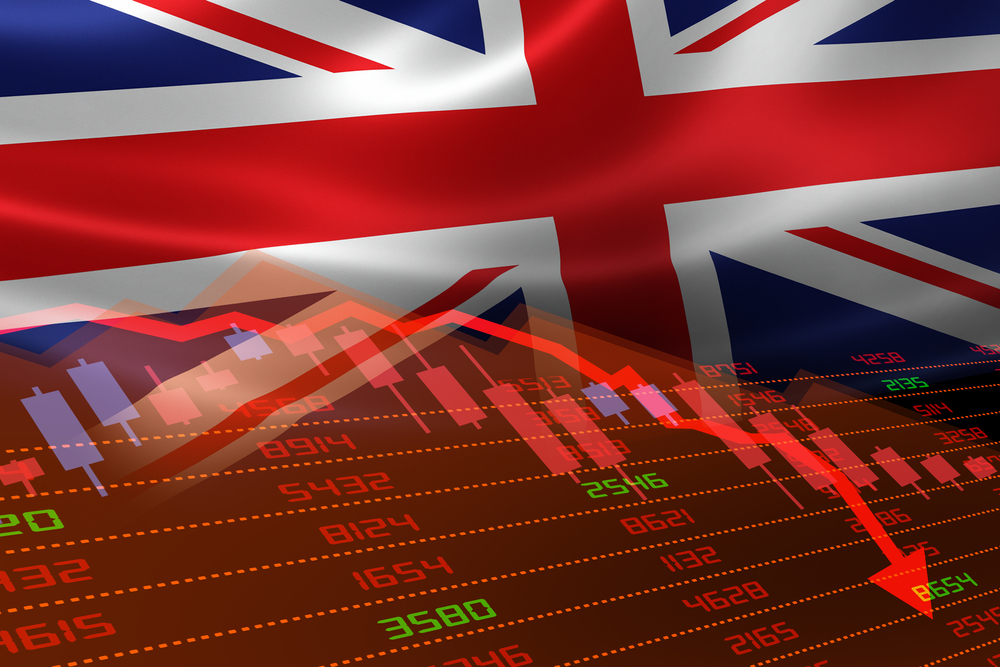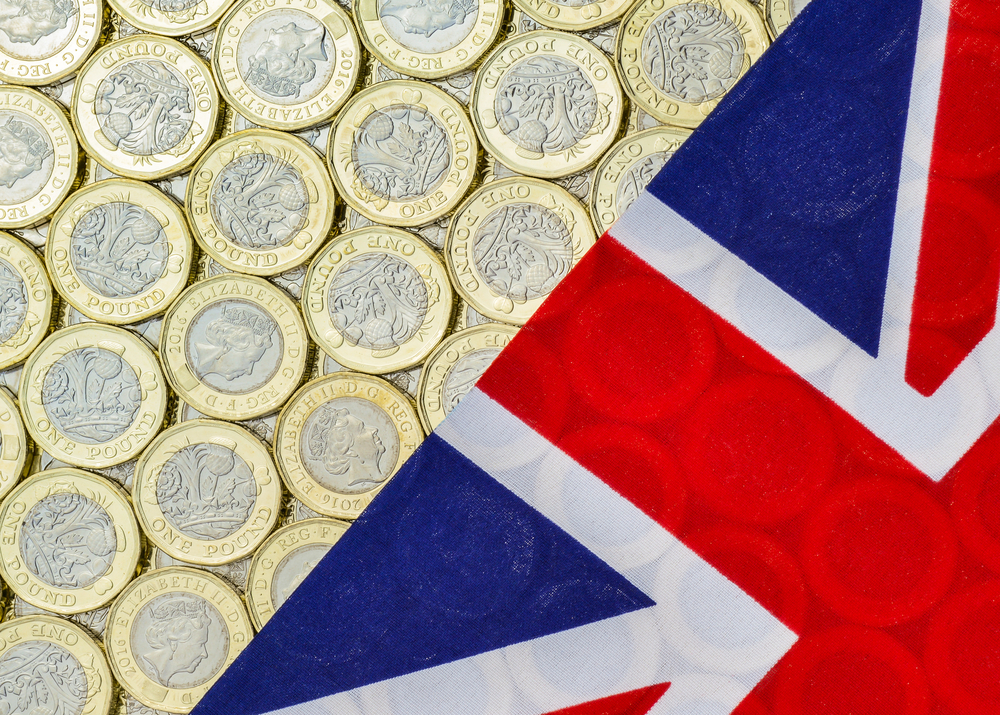The UK economy will have a far brighter 2025 after this year’s ‘stepping stone’, research reveals.
It is projected to grow by 0.7% this year, leading to GDP growth to 2% in 2025, according to EY ITEM Club’s spring forecast.
In January’s winter forecast, the expectation was that the economy would boost by 0.9%, while the GDP growth is higher than the previous 1.8% prediction.
Further, inflation is also set to ease further in the second part of this year, dropping to below 2% thanks to slower rises in food prices, shopping and lower wholesale energy prices.
Another factor contributing to the brighter outlook is the much-speculated timing of when the Monetary Policy Committee (MPC) will vote to drop the base rate from 5.25%. The Bank of England’s rate has been locked five times in a row.
However, this will change in June, indicating a rate at the end of the year to the tune of 4.5%, the forecast suggests.
‘Turning point for the UK economy’
Earlier this month, the Consumer Prices Index (CPI) slowed to 3.2% in the year leading up to March 2024, marking the slowest rise for two-and-a-half years.
The latest prediction has provided hope to households, and Hywel Ball, the UK chair of EY, believes this year “marks a turning point for the UK economy” and will provide a “launchpad for a far brighter 2025”.
Ball said: “High inflation, energy prices and interest rates have mired the UK in economic stagnation in recent years, but all three obstacles to growth have now either fallen away already or are expected to diminish in 2024.
“Business investment is predicted to see modest growth this year before accelerating in 2025. Rising business confidence and spending, alongside improved economic conditions, should set the stage for a welcome return to growth in the near future.”
Geopolitical issues could have a significant impact
However, while the consensus is positive for the UK economy, with food price inflation slowing and the base rate due for a sizeable cut, there is a significant factor that could be a stumbling block.
With the ongoing conflict in the Middle East and Russia’s invasion of Ukraine, there is still a possibility of energy prices rising, causing an inflation increase. This could in turn alter interest rates, household bills and GDP prospects.
These geopolitical issues have already contributed to the rising price of oil and an 8p bump in petrol prices since January.
But, Peter Arnold, the EY chief economist, remains optimistic, saying: “While 2024 isn’t expected to be a year of enormous economic momentum, it should provide a stepping stone to a far brighter 2025.
“The UK’s performance so far this year suggests that stagnation is lifting, with activity surveys signalling a return to growth across various sectors and improved consumer confidence.”





